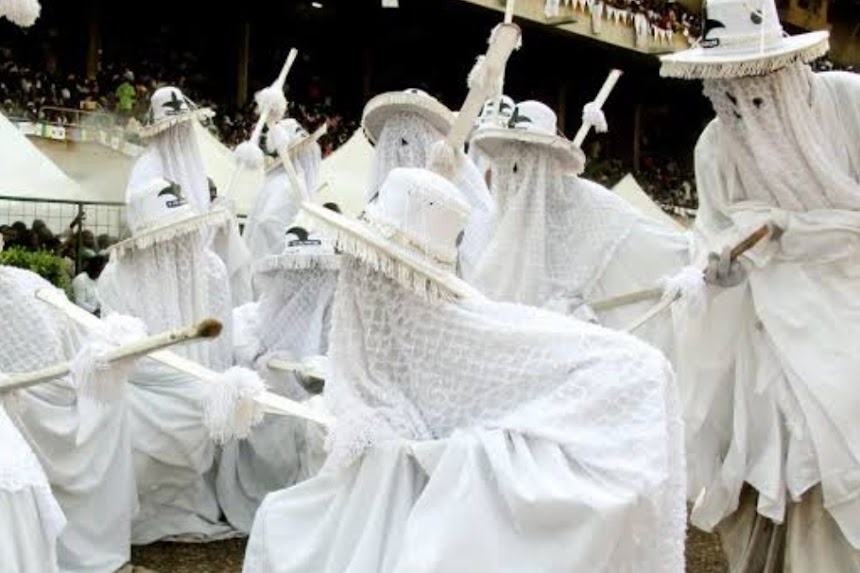Amazon Web Services Nigeria, the subsidiary of Amazon Inc. responsible for Prime Video Nigeria, has responded to the ongoing lawsuit concerning its movie "Gangs of Lagos," stating that the film is not harmful to anyone. The company is currently named as a defendant in the suit brought by the Isale Eko Descendants Union (IDU) before the Lagos High Court, which seeks N10 billion in damages for the film's content.
In a statement released in Lagos, Amazon confirmed that Justice Idowu Alakija has scheduled an October date to consider the company's preliminary objection to the lawsuit. The defendants question the authority of the Lagos State Government to censor films and videos produced within its jurisdiction, as stipulated in the Cinematograph Law of Lagos State, 2004.
Amazon argues that the state's Cinematography Law does not apply to their case, as they are accused of depicting the claimants' territory as a den of criminals and misrepresenting the traditional Eyo masquerade as a gang. The defendants seek an order from the court to dismiss the suit, citing the lack of jurisdiction to entertain it under section 25(1)(q) of the 1999 constitution.
According to the defendants, the law under which the suit was filed is irrelevant to the video and film censorship laws of Lagos State. They explain that the applicable law should be the National Film and Video Censors Board Act 1993, rather than the state's Cinematography Law.
The lawsuit also involves individuals such as Jadesola Osiberu, Kemi Lala-Akindoju, Adesegun Adetoro, Demi Olubanwo, Olumide Soyombo, Bankole Wellington, Adesua Etomi-Wellington, Kola Aina, Greoh Ltd., and Amazon Web Services Nigeria. The claimants, represented by Ayodele Bajulaiye and Abdul-Waheed Ayeni, are seeking redress for what they perceive as a sacrilegious and scandalous depiction of the Eyo masquerade in the movie.
Amazon's preliminary objection challenges the regulatory role of the Lagos State government in the case. The company requests that the court dismiss the Lagos State Cinematography Law, arguing that it was enacted beyond the legislative competence of the Lagos State House of Assembly.
The defendants assert that the High Court of Lagos State lacks jurisdiction to compel the state government to censor the film under its Cinematography Law, as it falls within the purview of the National Film and Video Censors Board Act. They cite the 1999 constitution, which they believe restricts the High Court of Justice from interpreting the Constitution as it relates to the Federal Government and its agencies.
The case continues as the parties await the court's ruling on the preliminary objection.



